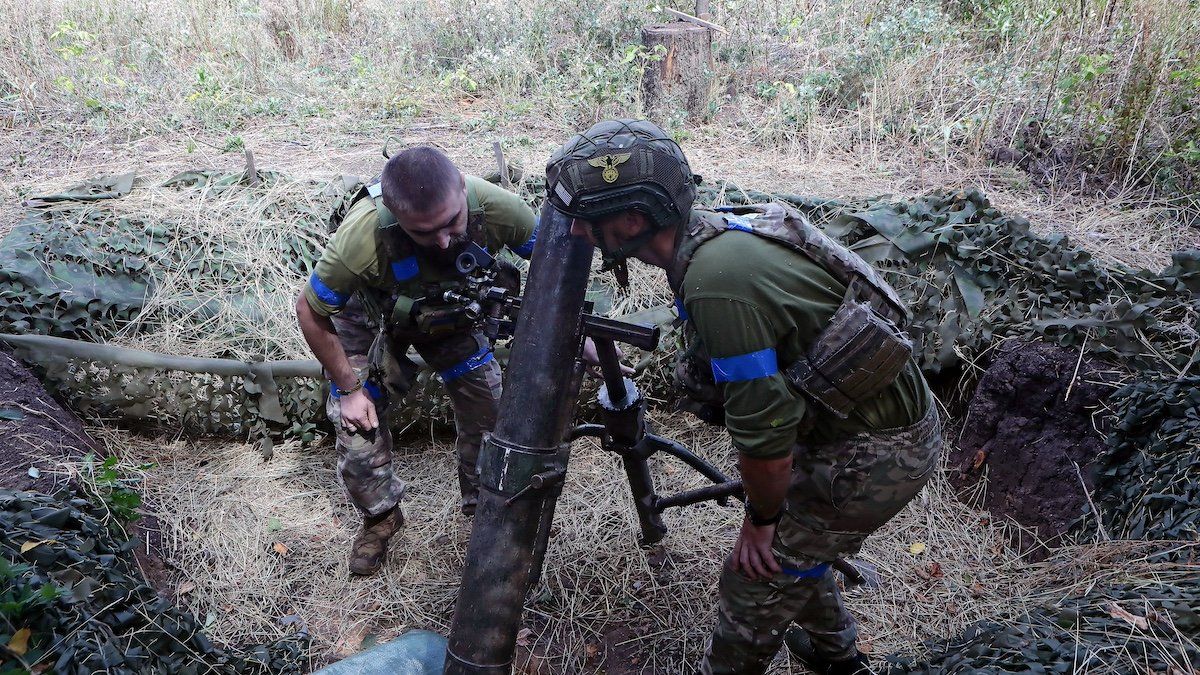Ukrainian President Volodymyr Zelensky said Sunday that Ukraine’s military operation in Russia’s Kursk regionaims to establish a buffer zone to prevent further attacks by Moscow. Since Aug. 6, Ukrainian forces havedestroyed two key bridges and disrupted Russian supply lines. Further south, there has also been“intense military activity” near the Zaporizhzhia Nuclear Power Plant, with the UN’s nuclear watchdog warning of deteriorating safety conditions.
For its part, Russia dismissed reports that Ukraine’s shock attack on Kurskderailed discussions on halting strikes near energy facilities. The Washington Post had claimed that delegations were set to meet in Qatar to negotiate a partial cease-fire, but Russia’s Foreign Ministry spokesperson Maria Zakharova denied the existence of any talks.
Is Belarus next? On Sunday, Belarusian President Alexander Lukashenko claimed thata third of his country’s armed forces have been deployed along its border with Ukraine. Lukashenko, a close ally of Russian President Vladimir Putin, said Minsk’s move was in response to Ukraine’s “aggressive policy” of stationing over 120,000 troops on its side of the border. Lukashenko also said the Belarusian-Ukrainian border is heavily mined.
Ukrainian officials downplayed the situation. Andriy Demchenko, a spokesperson for Ukraine’s border service,denied seeing any increase in Belarusian units or equipment at the border and criticized Lukashenko for “constantly escalating the situation with regularity to please the terrorist country.” We’re watching whether Belarus is bluffing, or whether this could open up another front in the war — and what moving the frontline to Belarus would mean for NATO allies like Poland.